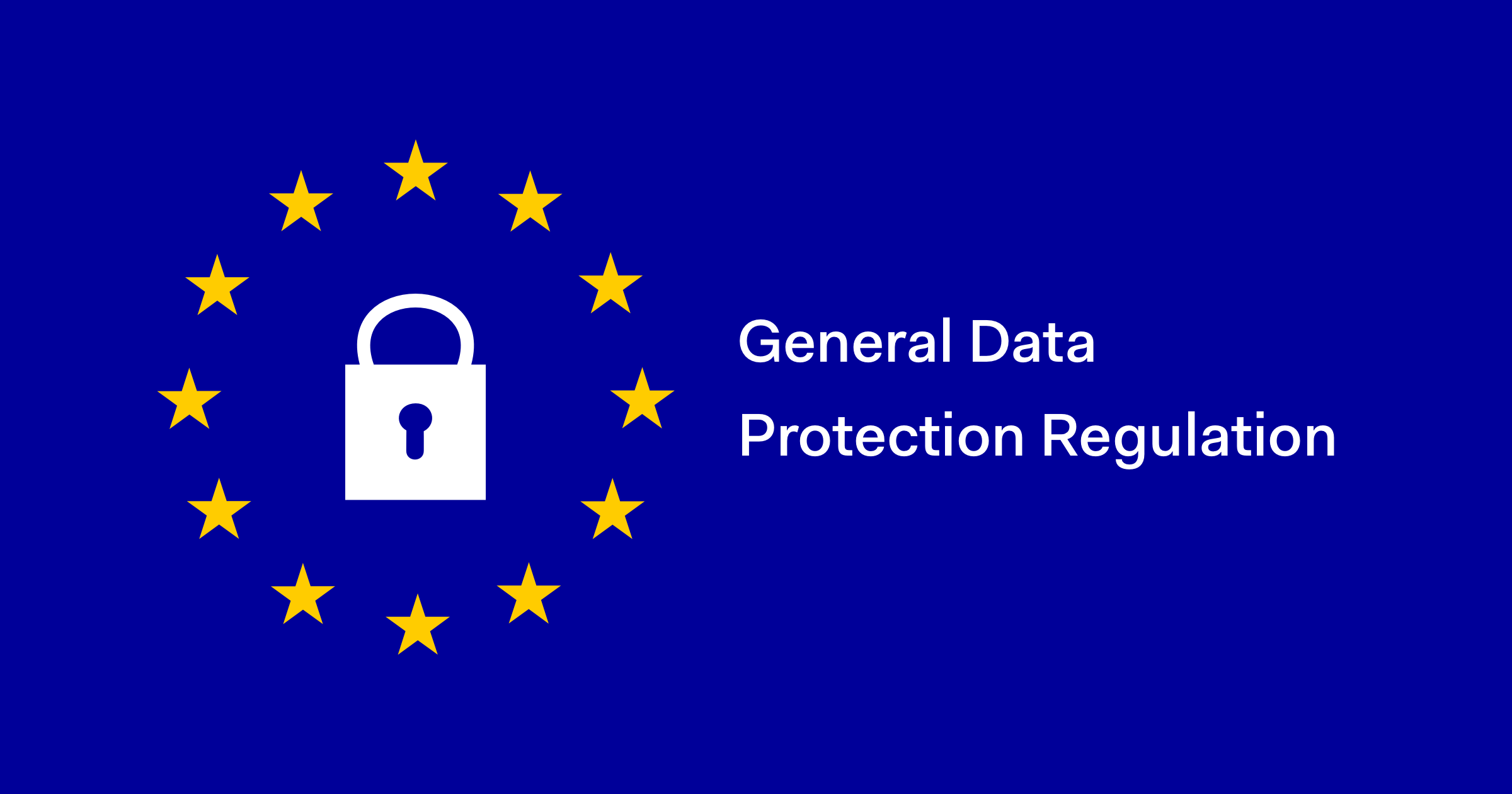Understanding the EU’s Data Privacy Landscape
The European Union (EU) has long been a global leader in data protection, prioritizing individual privacy rights. This commitment has led to the creation and evolution of robust data privacy regulations, culminating in the landmark General Data Protection Regulation (GDPR) and its subsequent updates. These regulations aim to standardize data protection across all EU member states, offering individuals greater control over their personal information and holding organizations accountable for how they handle that data. The overall goal is to foster trust in the digital economy by ensuring transparency and security in data processing.
Key Changes Introduced by Recent Updates
While the GDPR itself remains the cornerstone of EU data privacy law, recent updates and interpretations have clarified certain aspects and addressed emerging challenges. For example, there’s been a greater emphasis on the accountability of organizations, requiring more comprehensive documentation and proactive measures to ensure compliance. Guidance on specific areas like consent, data breaches, and the use of artificial intelligence (AI) in data processing has also become more detailed and nuanced. These updates reflect the evolving technological landscape and the need for regulations to keep pace with innovation while safeguarding individual rights.

The GDPR’s Core Principles: A Foundation for Data Protection
At the heart of the GDPR are several core principles that guide how organizations should collect, process, and store personal data. These principles include lawfulness, fairness, and transparency; purpose limitation; data minimization; accuracy; storage limitation; integrity and confidentiality; and accountability. These principles emphasize that data collection must be lawful and transparent, with clear purposes defined beforehand. Data should be relevant and limited to what is necessary, stored only as long as needed, and kept secure. The emphasis on accountability means organizations are responsible for demonstrating their compliance.
The Right to be Forgotten and Data Subject Access Requests
Individuals have significant rights under the GDPR, including the right to access their personal data, the right to rectification of inaccurate data, and the right to erasure (often called the “right to be forgotten”). This last right allows individuals to request the deletion of their personal data under certain circumstances. Data subject access requests (DSARs) allow individuals to obtain copies of their data held by an organization, giving them transparency and control over their information. These rights empower individuals to manage their personal data effectively and hold organizations accountable for its handling.
Data Breaches and Notification Requirements
Organizations handling personal data face strict obligations when it comes to data breaches. In the event of a data breach, organizations are required to notify the relevant supervisory authority and, in certain circumstances, the affected individuals within a specific timeframe. Failure to comply with these notification requirements can result in significant penalties. The focus here is on prompt action to mitigate the damage and ensure transparency with affected individuals. This aspect highlights the seriousness with which the EU treats data breaches and their potential impact on individuals.
International Data Transfers and Data Protection Agreements
The GDPR also impacts the transfer of personal data outside the EU. Transfers to countries deemed to have inadequate data protection levels require appropriate safeguards, such as standard contractual clauses or binding corporate rules. This ensures that personal data remains protected even when transferred internationally. Organizations frequently need to review their data transfer mechanisms to ensure compliance, especially in light of ongoing changes in international data protection laws and interpretations of the GDPR.
Penalties for Non-Compliance and Enforcement Mechanisms
Non-compliance with the GDPR can result in substantial fines, which can be a significant percentage of an organization’s global turnover. Supervisory authorities in each EU member state are responsible for enforcing the regulation. These authorities have wide-ranging investigative powers and can impose significant penalties for violations. The potential for hefty fines serves as a strong incentive for organizations to prioritize data protection and establish robust compliance programs.
Staying Compliant: Practical Steps for Organizations
Staying compliant with the EU’s data privacy rules requires a proactive and comprehensive approach. Organizations should conduct regular data protection impact assessments (DPIAs), implement appropriate technical and organizational measures to secure personal data, establish clear data processing procedures, and provide adequate training to staff. Regular audits and reviews are also crucial to identify and address any weaknesses in data protection practices. Keeping abreast of updates and interpretations is also essential for maintaining compliance with the evolving regulatory landscape.
The Future of EU Data Privacy Regulations
The EU’s data privacy landscape is constantly evolving. Ongoing developments in technology and societal expectations will likely lead to further refinements and updates to existing regulations. Organizations should remain vigilant and adapt their data protection strategies to stay ahead of these changes. The future likely holds a continued focus on transparency, accountability, and individual empowerment in the realm of data privacy. Click here to learn about EU data privacy regulations.
